Engine Repair How to Deal With a Cracked Engine Block
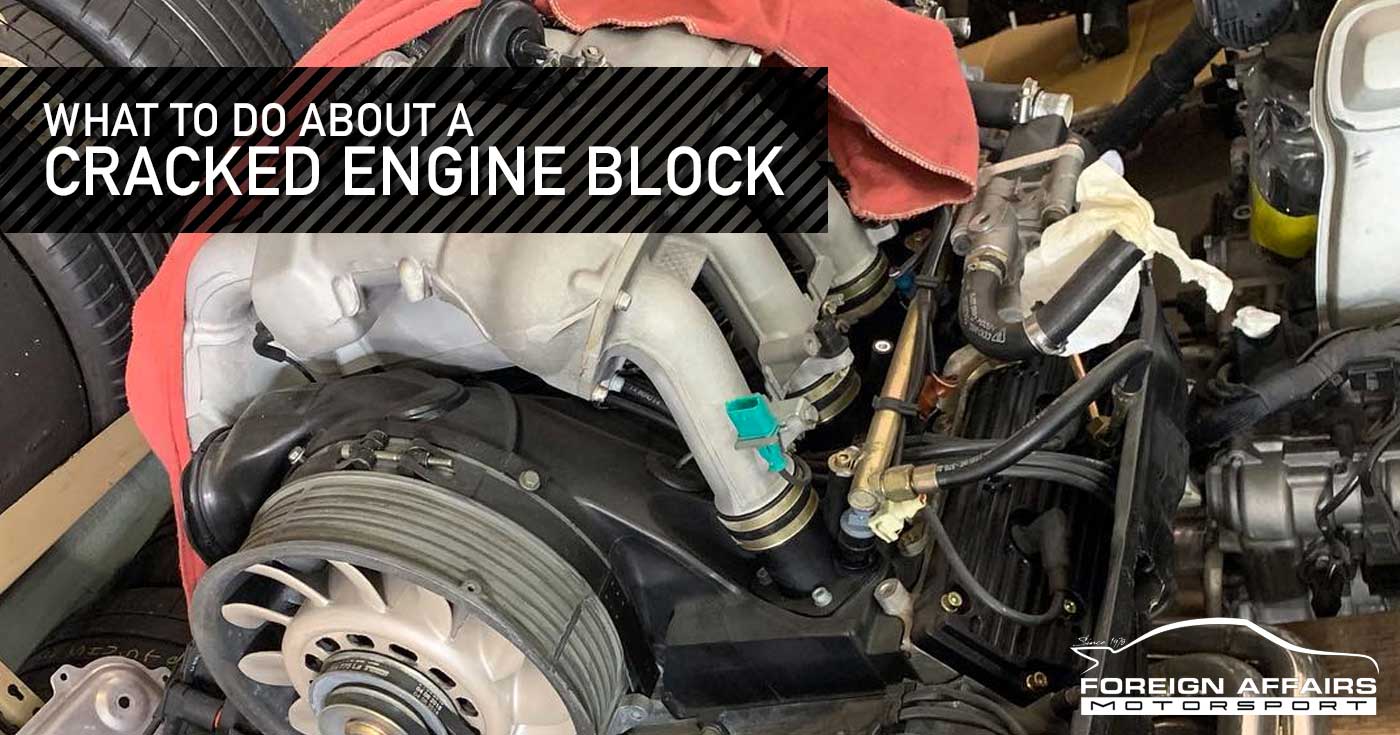
Signs of a cracked engine block include overheating, blue, or gray smoke coming from under the hood, or poor performance. Usually, the cause stems from excessive heat caused by low coolant, extreme weather, or overburdening. Be sure to resolve the issue quickly, or you'll risk blowing a head gasket.
How to Fix a Cracked Engine Block BlueDevil Products
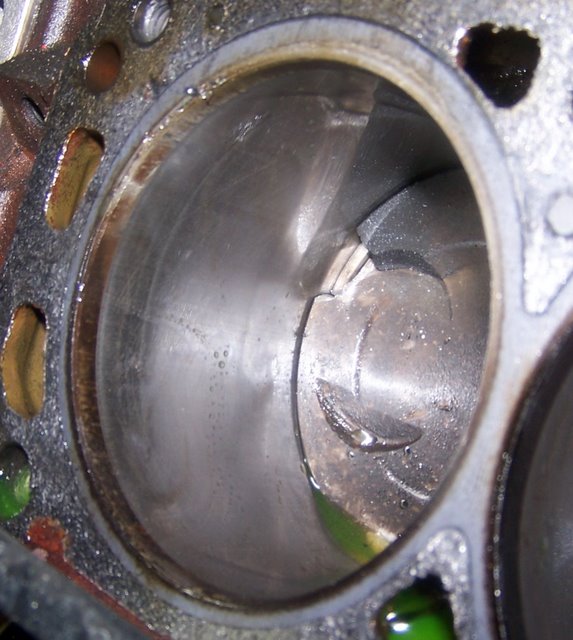
Check the gasket or sealer between the upper and lower halves of the manifold, and the intake manifold gaskets where the manifold mates with the head. Also, check all vacuum connections and hoses that could be allowing unmetered air into the engine. If no obvious leaks are found, the manifold may be cracked.
5 Symptoms of Cracked Engine Block CarUpgrade
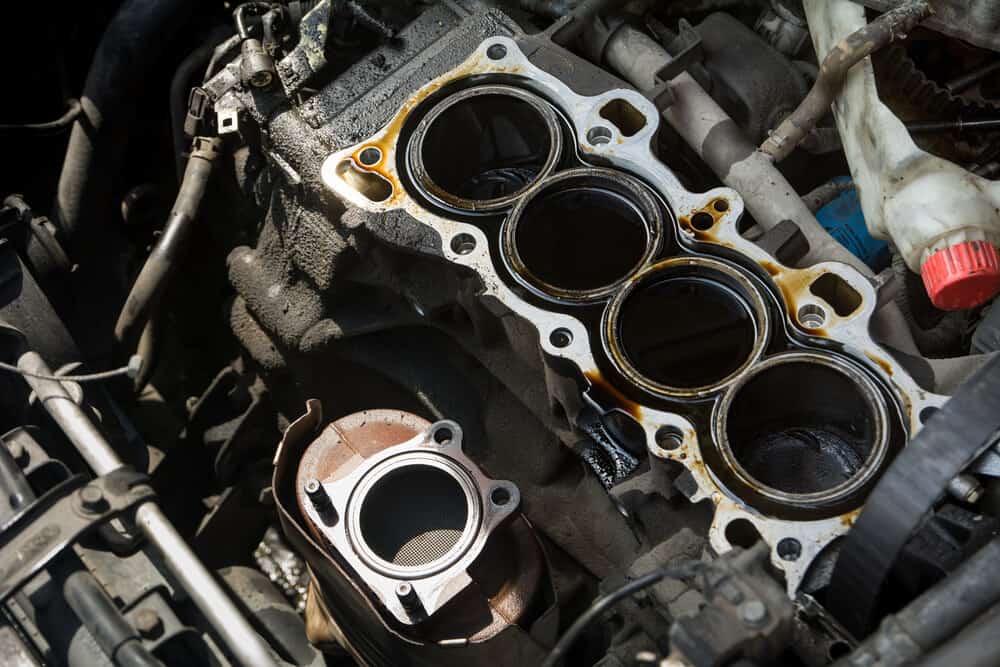
Most of the time when metal breaks, the answer is simple: weld it back together! In the case of your engine block, this, unfortunately, isn't possible. Cast Iron has different properties than most carbon steels that make it impossible to weld.
Cracked Engine Block Symptoms, Causes, and Diagnosis In The Garage

The engine block performs a number of functions, including assisting with the pumping of water from the radiator to the different parts of the engine to cool them down; housing pistons in several cylinders that move the vehicle's crankshaft; sealing in the lubricating oil via the oil pan attached to the bottom, and acting as the housing for the.
Cracked Engine Block How Car Specs
The following are some of the most common signs of a cracked engine block: 1. Coolant leak. Coolant leak from the radiator. If you are experiencing a leak in your coolant and aren't sure where it is coming from, then it may be your cracked engine block. However, it could also be another problem.
Can I Drive with a Cracked Engine Block? BlueDevil Products
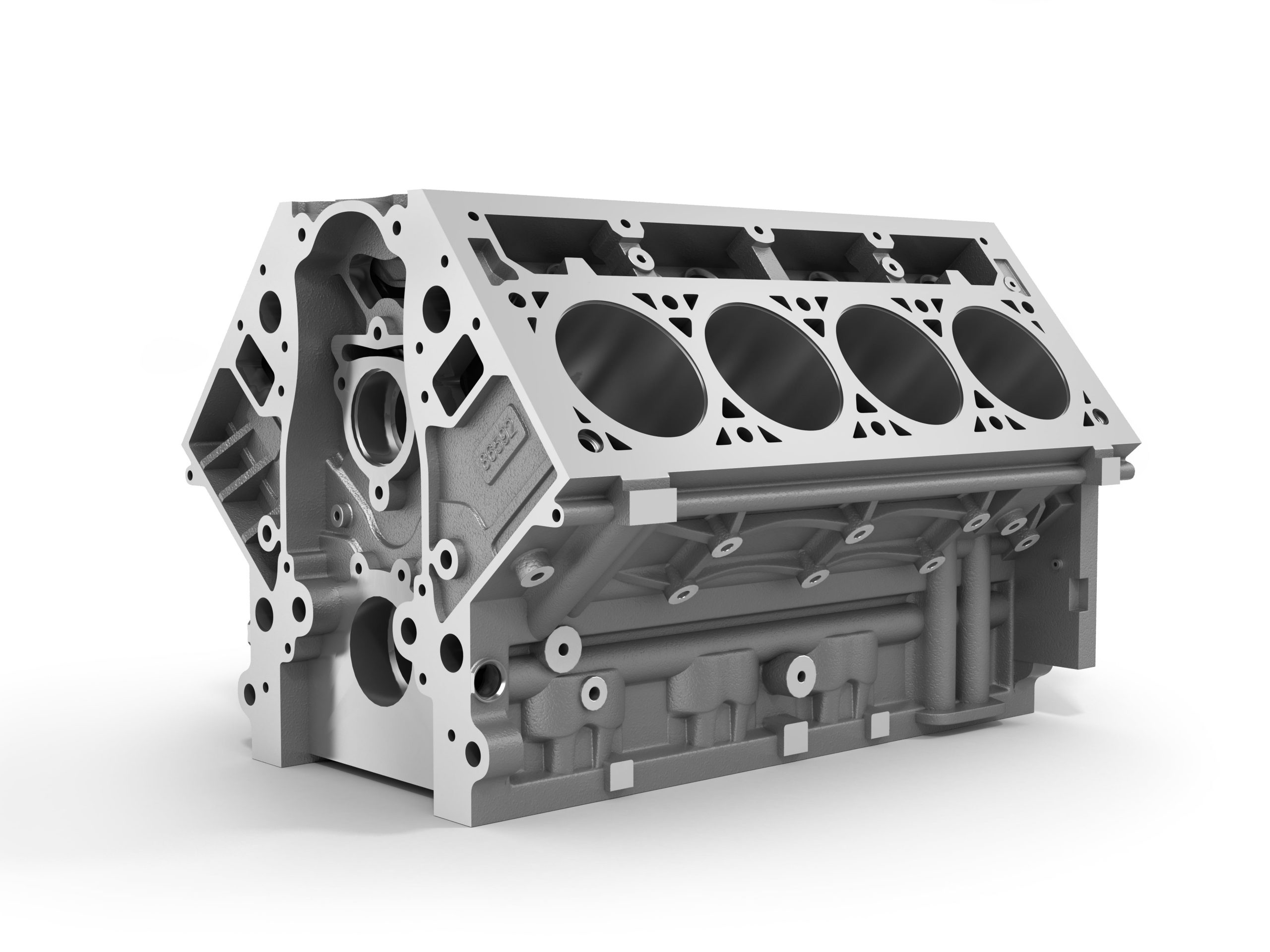
What Happens When Engine Block Is Cracked? So now that you know the science behind the engine block, then let's talk about what happens in the crack of the engine block. The engine block is perfectly round and smooth, producing power with least friction, of course, with lubrication.
Cracked Engine Block, Signs, Causes and Ways to Repair It Autos Flux

An engine block can crack for a number of reasons, but the most common cause is overheating. When an engine gets too hot, the metal expands and can eventually crack. Other causes of engine block cracking include physical damage (like from a collision), manufacturing defects, and extreme stress (from things like towing or racing).
Cracked engine block... Third Generation FBody Message Boards
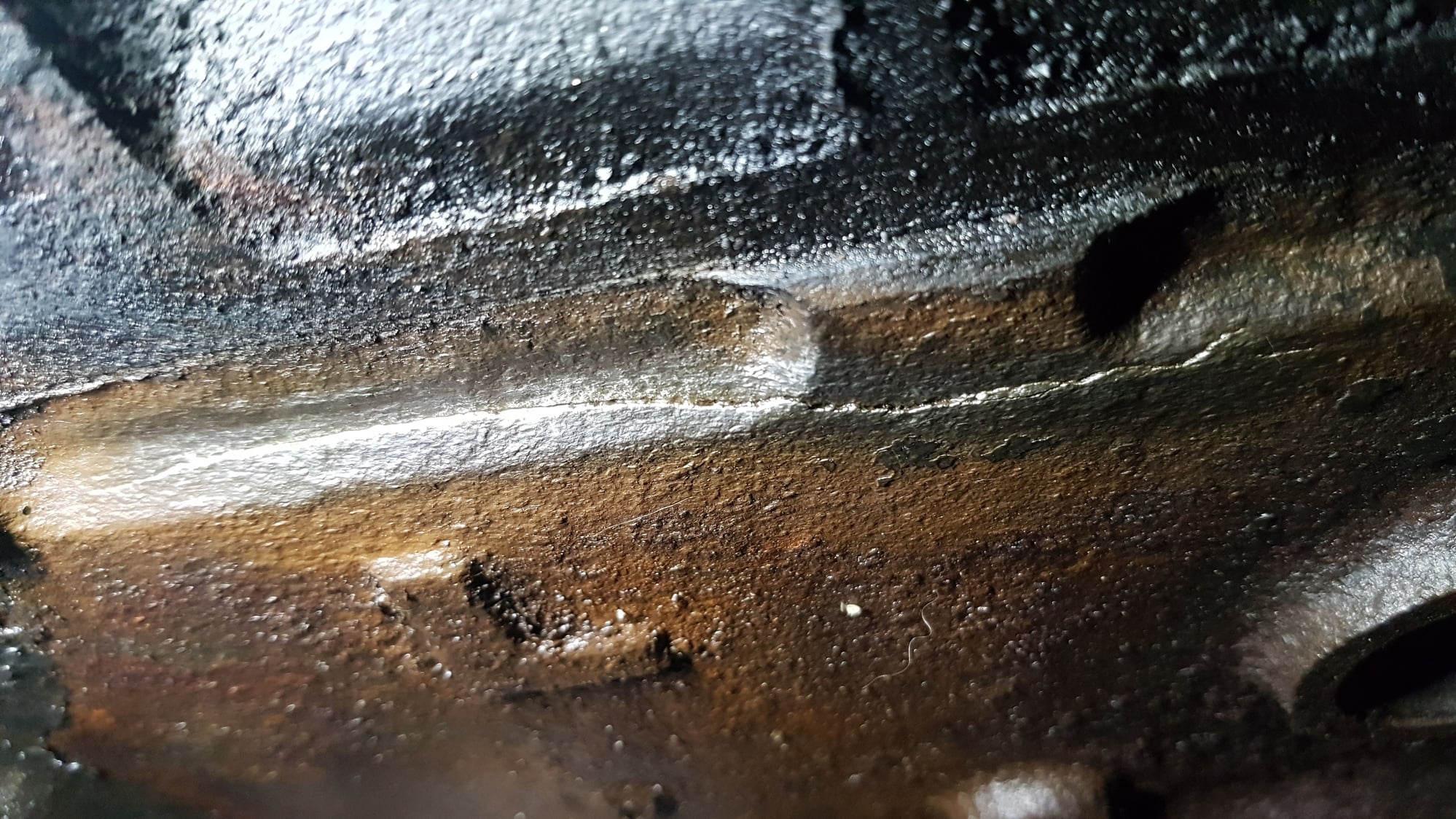
3. Leaks. You may also notice leaks in your car's external or internal system. Visual leaks are one of the major symptoms of a cracked engine block. You should detect oil or coolant leaks. A cracked engine block will have your water jacked, leaking coolant.
Is my engine block cracked?

If you often see that the engine temperature is going into the red, you see colored exhaust smoke, or there is a problem with oil leaks, you may have a cracked engine block. But is that all? No, and from this article, you will learn what are all the signs of engine block crack and what can cause it.
A Cracked Engine Block ️ The Top Things You Need to Know!
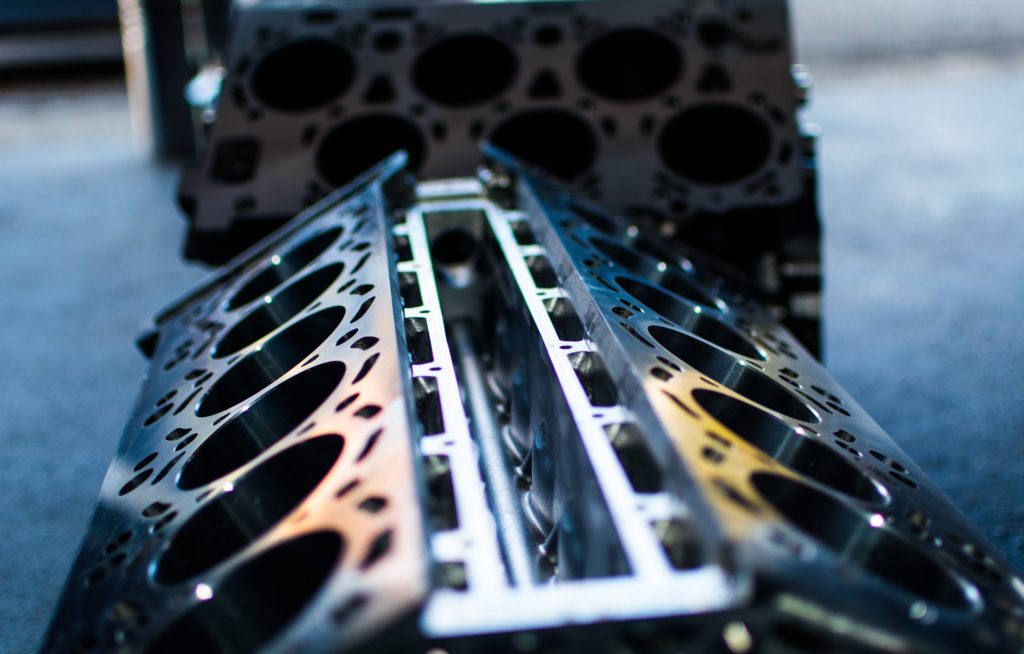
These are the ten most common symptoms indicating a cracked engine block: ⚠️ If It's Broken, Don't Fix It - Get Paid Cash for Your Vehicle ⚠️. Reduced engine performance. Clear engine smoke. Increase engine temperature. Oil mixed with antifreeze. Leaking fluids. Frozen radiator coolant. Extreme smoke from the exhaust.
How to repair a cracked engine block Auto Express
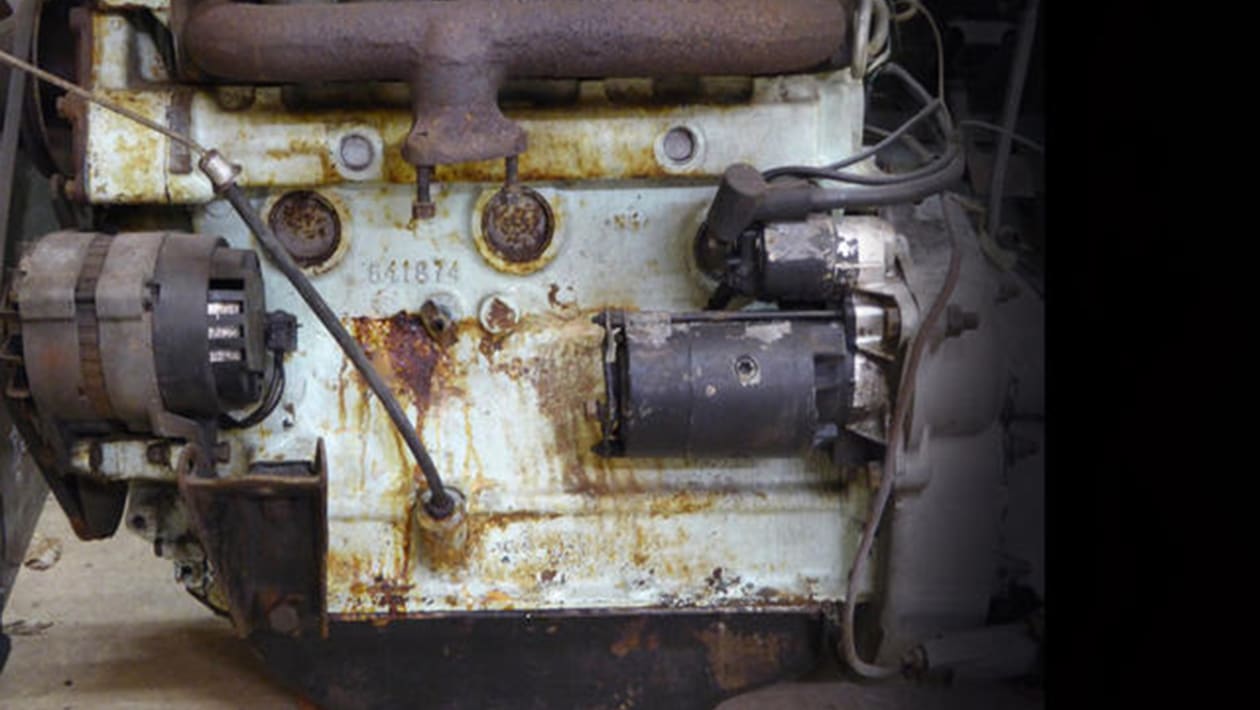
Cracked Engine Block: Symptoms, Causes, and Diagnosis - In The Garage with CarParts.com A cracked engine block can be a serious and costly problem for your car. Learn its symptoms, causes, and how to diagnose it in this guide.
Engine Junkyard, Cracked Engine Block. Stock Photo Image of engine

Not all cracked castings are created equal. Here's a rundown of the common causes of cracked engine blocks, how they happen, what you can do to prevent them.
Cracked engine block YouTube

When we say an engine block has "cracked," we usually refer to either the outside of the block or the channels carrying oil and coolant. These develop hairline cracks and usually lead to oil and coolant leaking or mixing. Engine blocks tend to crack as a result of our old friend overheating.
Causes of a cracked Engine Block Motoring Essentials Guide
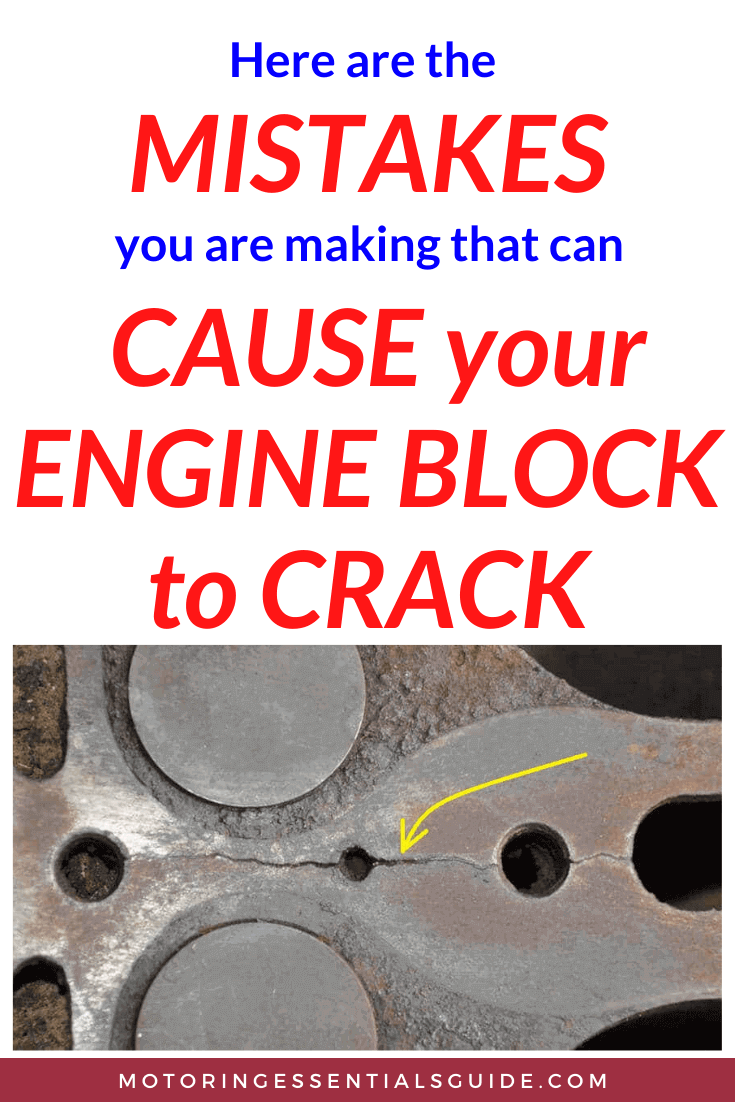
It involves drilling holes at each end of the crack and inserting metal pins or studs to hold the crack together. Stitching: Another method used for certain types of cracks is stitching. It involves drilling holes on each side of the crack and threading wires through the holes to "stitch" the crack closed.
Cracked Engine Block and Coolant Leaks in 8th Generation Civic
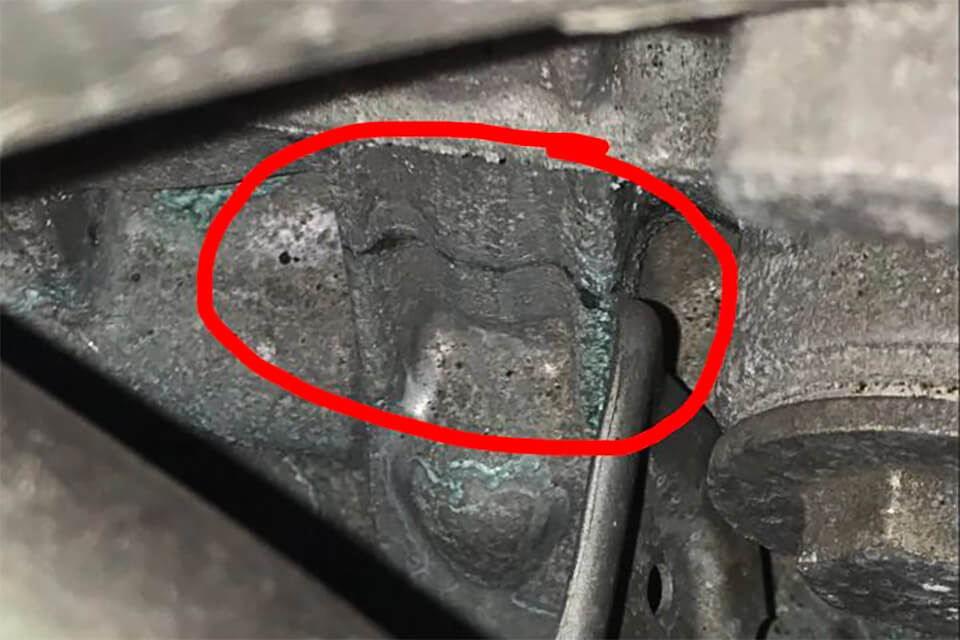
The cylinder head seals the tops of the cylinders inside the engine block. Also, the head contains the valves (and sometimes the camshafts), which allow the air/fuel mixture to enter the engine and exhaust gases to exit. A head gasket provides a seal between the engine block and cylinder head.
Learn how to Repair a Cracked Engine Block Best Diy ideas Engine

1) Antifreeze & Oil Mixture A blown cylinder head gasket can cause oil to mix with the antifreeze fluid. But the same can happen with a cracked engine block so another symptom must also be present. 2) Engine Overheating If the coolant is leaked into the oil, then it won't be able to do its job properly of cooling down the engine's components.